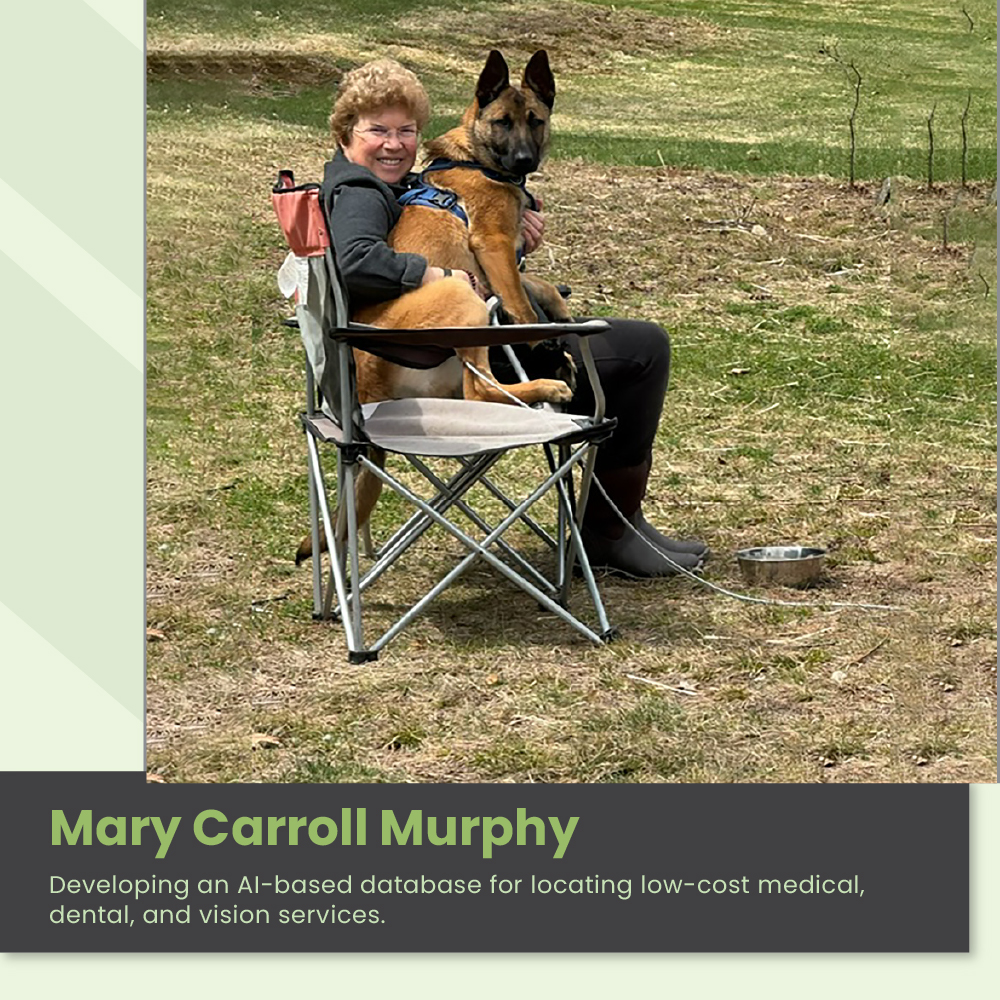
In a world grappling with the twin challenges of population growth and environmental sustainability, the question of how best to feed an estimated 9 billion people by 2050 is more pertinent than ever. Once viewed as a niche market, organic farming is now considered a scalable solution to global food security. This article explores how organic agriculture could play a pivotal role in feeding the future world, examining its potential benefits, challenges, and innovations that could make it a viable global strategy.
Sustainable Practices for a Growing Population
Organic farming is grounded in practices that produce food and contribute to ecological health. These practices include crop rotation, organic fertilizers such as manure and compost, and biological pest control. By enhancing soil fertility and biodiversity, organic farming can sustain yields over time without the environmental degradation associated with conventional agriculture, such as soil erosion, water pollution, and biodiversity loss.
Yield Potentials and Improvements
A common criticism of organic farming is its perceived inability to produce yields comparable to conventional methods. While it is true that organic yields can be up to 20% lower than conventional yields, this gap is often overestimated and varies greatly depending on the crop and local conditions. Furthermore, yield disparities are decreasing with advances in organic techniques and technologies. Studies have shown that in developing countries, where most of the world is fed, organic methods can increase yield by more than 100% when replacing traditional low-intensity agriculture.
Resilience in the Face of Climate Change
Climate change poses a significant threat to global food security, with increased temperatures, altered precipitation patterns, and more frequent extreme weather events. Organic farming’s emphasis on soil health — improving water retention and soil structure — enhances farm resilience against droughts and heavy rains. Diverse cropping systems and enhanced biodiversity make organic farms more resilient to pests, diseases, and climate-induced stress, reducing the risk of crop failure.
Economic Viability and Farmer Welfare
Organic farming can also be economically beneficial, particularly for smallholder farmers in developing countries. By reducing reliance on expensive chemical inputs, organic agriculture can lower production costs and increase profitability. Additionally, organic products often command higher prices on the market, potentially leading to greater income stability for farmers. This economic benefit and the health benefits of reduced exposure to harmful chemicals can contribute to rural development and poverty reduction.
Nutritional and Health Benefits
According to some studies, organic foods are often richer in certain nutrients, including antioxidants, vitamins, and minerals. Providing abundant food and higher-nutritional organic farming can play a crucial role in addressing food security and nutritional security. This is particularly important in developing countries with prevalent malnutrition and food-related diseases.
The Role of Innovation and Technology
Innovation and technology will be crucial in scaling organic farming to meet global needs. Advances in organic seed development, pest management, and soil fertility techniques are essential for improving yields and reducing labor costs. Mobile technology and AI can also help farmers make better decisions about crop management, pest control, and market opportunities. Additionally, innovations in supply chain management can reduce post-harvest losses and improve market access for organic farmers.
Addressing Challenges
Despite its potential, the transition to organic farming on a global scale faces several challenges. These include the need for more training and education for farmers, particularly in organic practices, overcoming initial yield gaps, and scaling up infrastructure and markets for organic produce. There is also a need for supportive policies that encourage organic agriculture through subsidies, research funding, and regulation.
Policy Support and Consumer Awareness
Supportive policy frameworks are essential for organic farming to expand. Governments can promote organic agriculture through subsidies, grants for organic research, and incentives for sustainable farming practices. Moreover, increasing consumer awareness about the benefits of organic food can drive demand, supporting the growth of the organic market. Educational campaigns and labeling initiatives can help consumers make informed choices about their food, further strengthening the market for organic products.
Organic farming holds a promising potential to contribute significantly to global food security. Its ability to produce sufficient yields, support environmental sustainability, and enhance farmer welfare makes it a compelling model for the future of agriculture. As the world moves towards sustainable development goals, organic farming offers a method to produce food and a holistic approach to managing our natural resources wisely, ensuring that we can feed our growing population not just today but in the years to come.